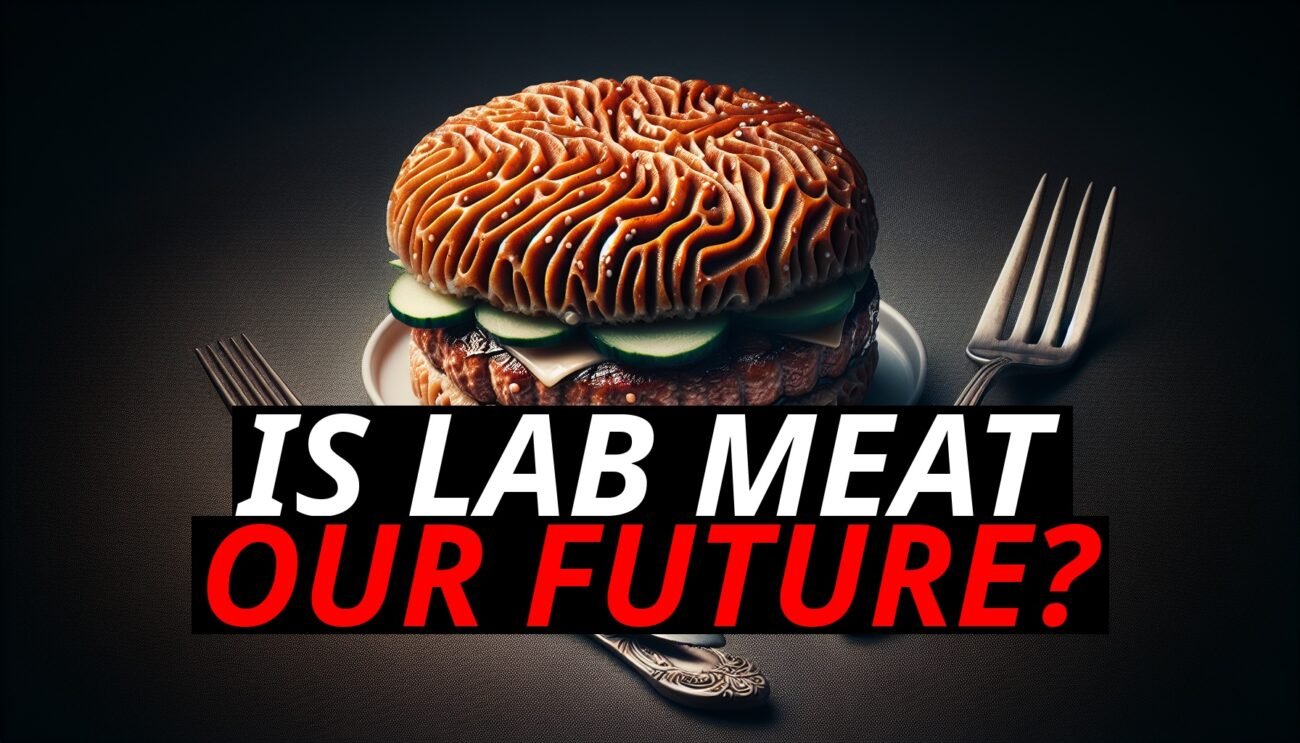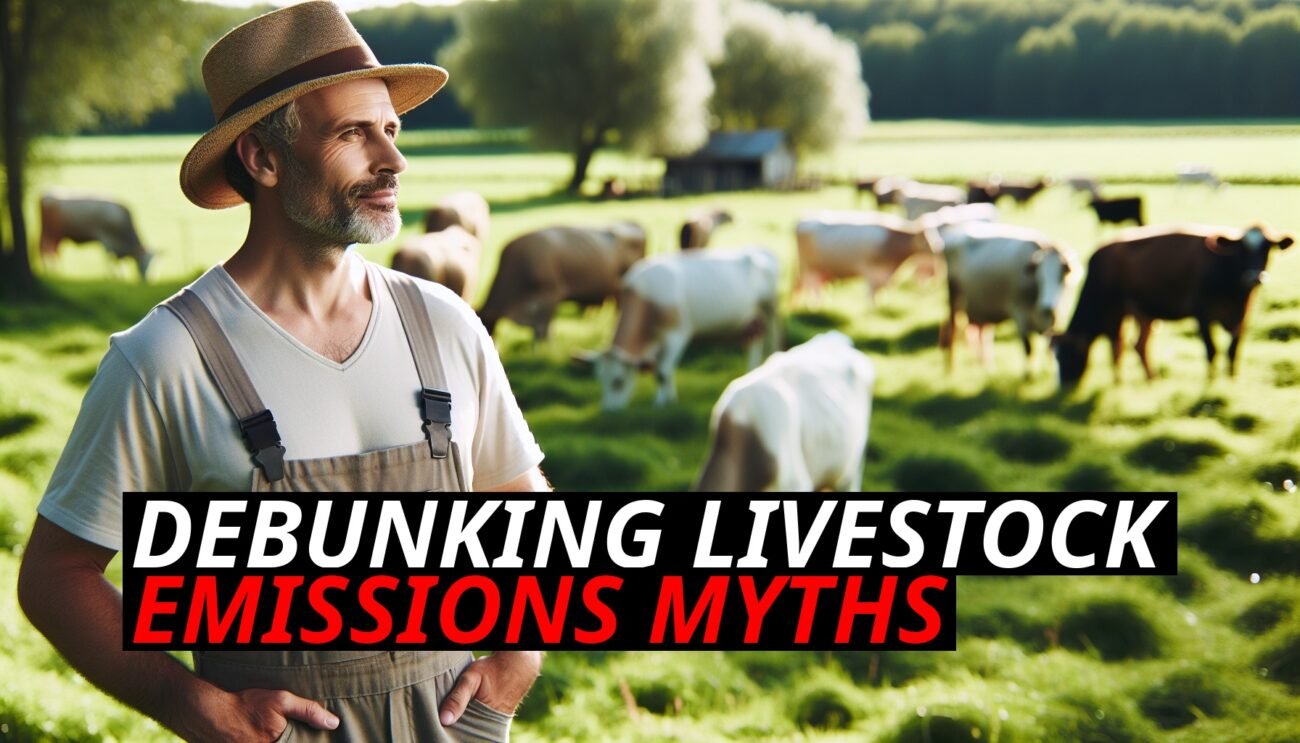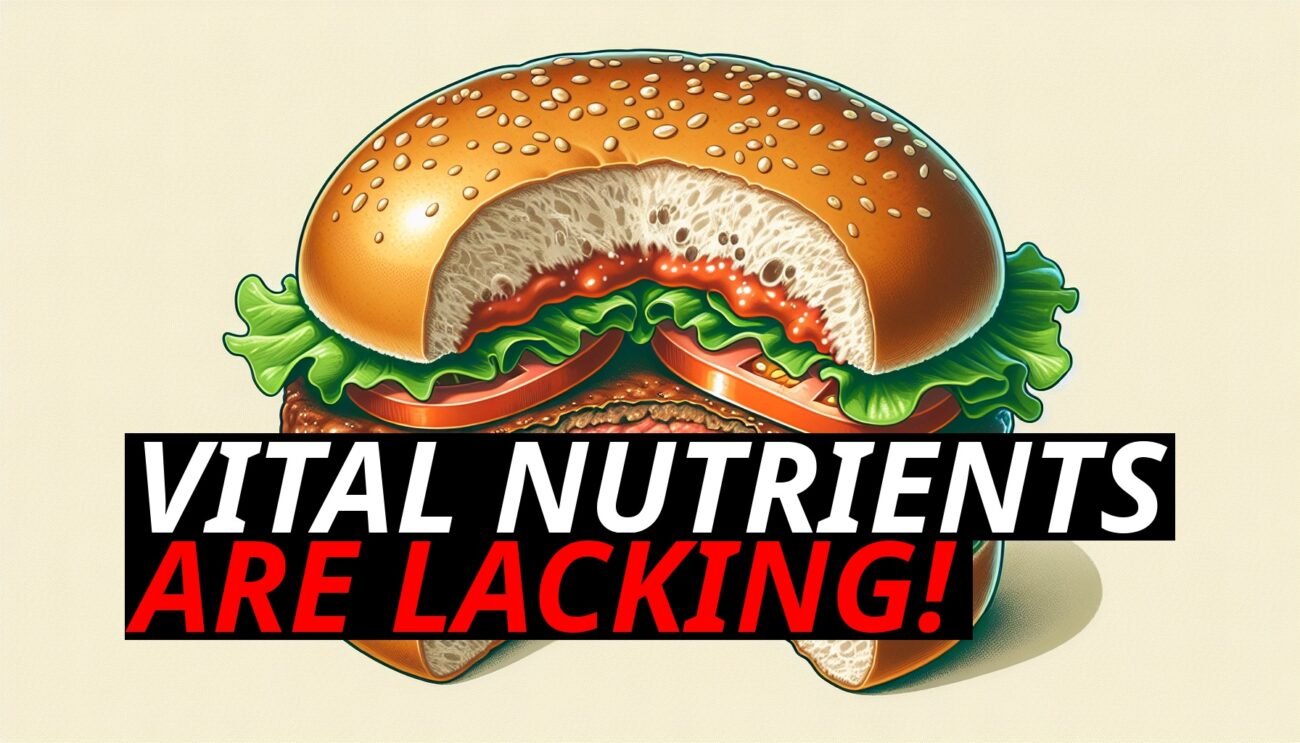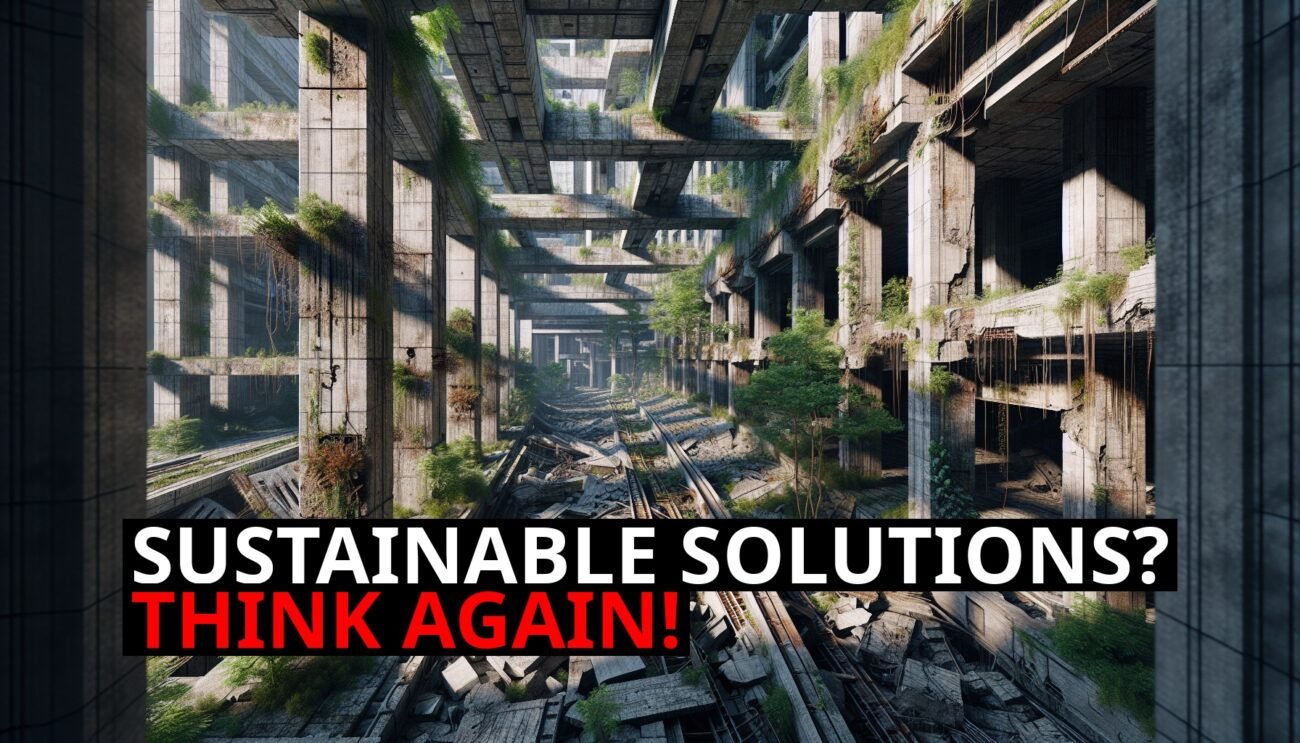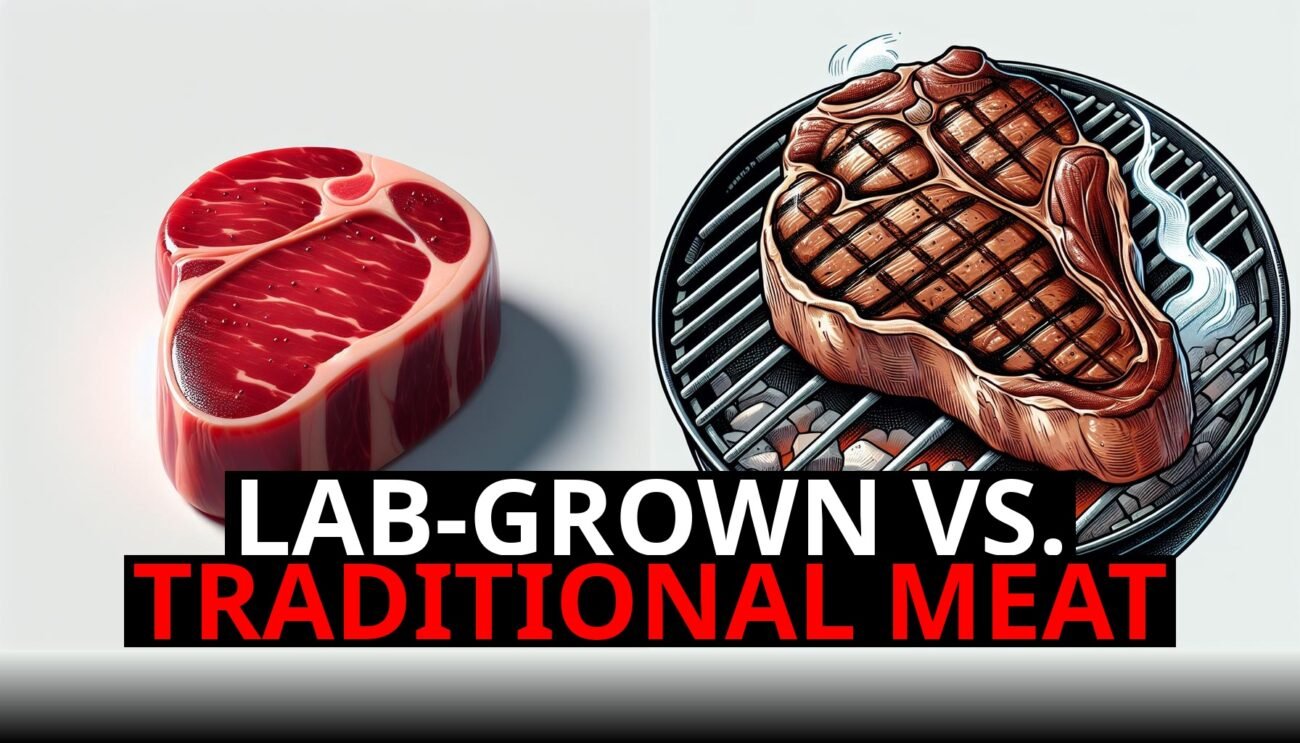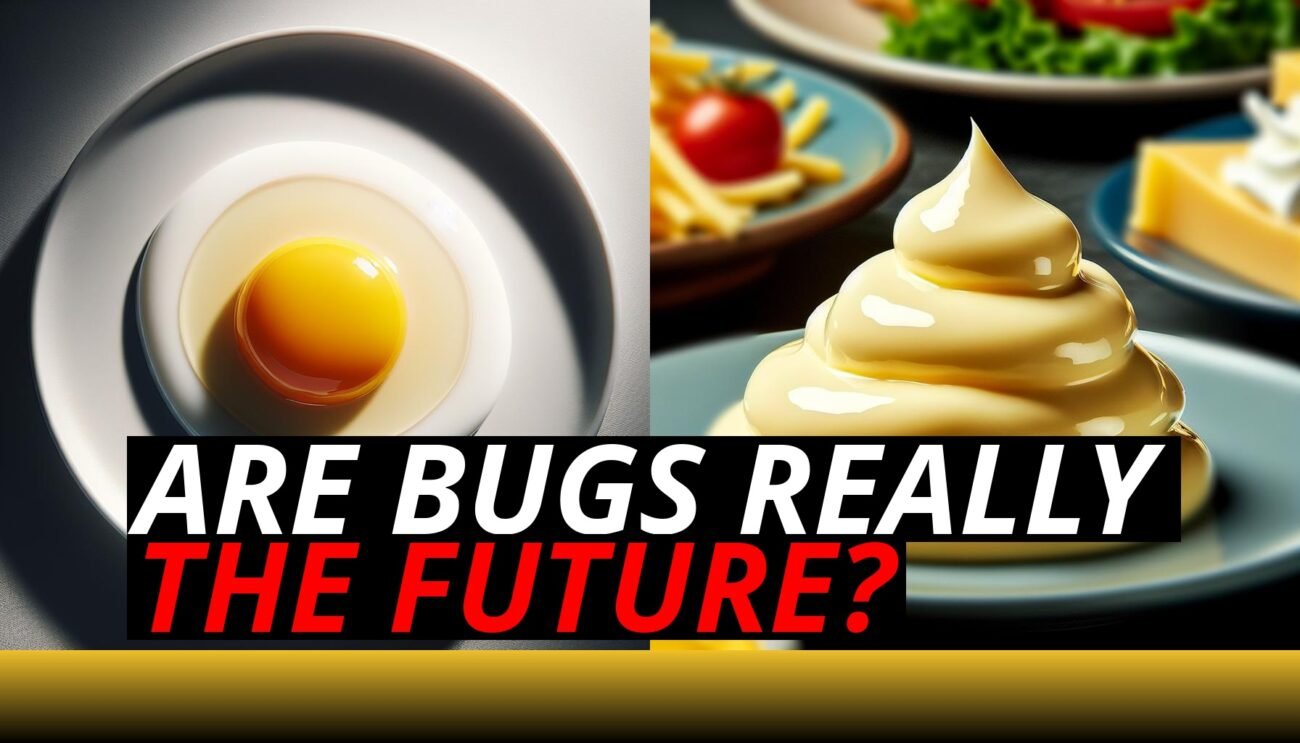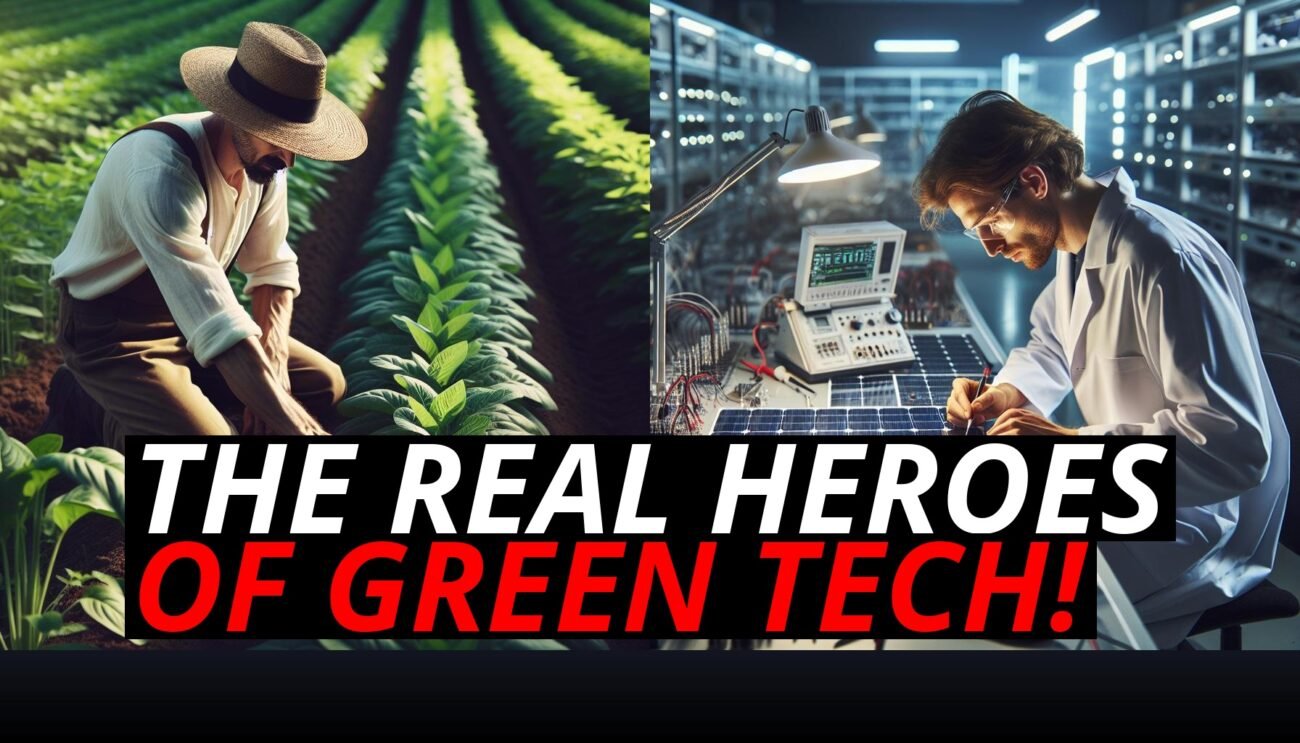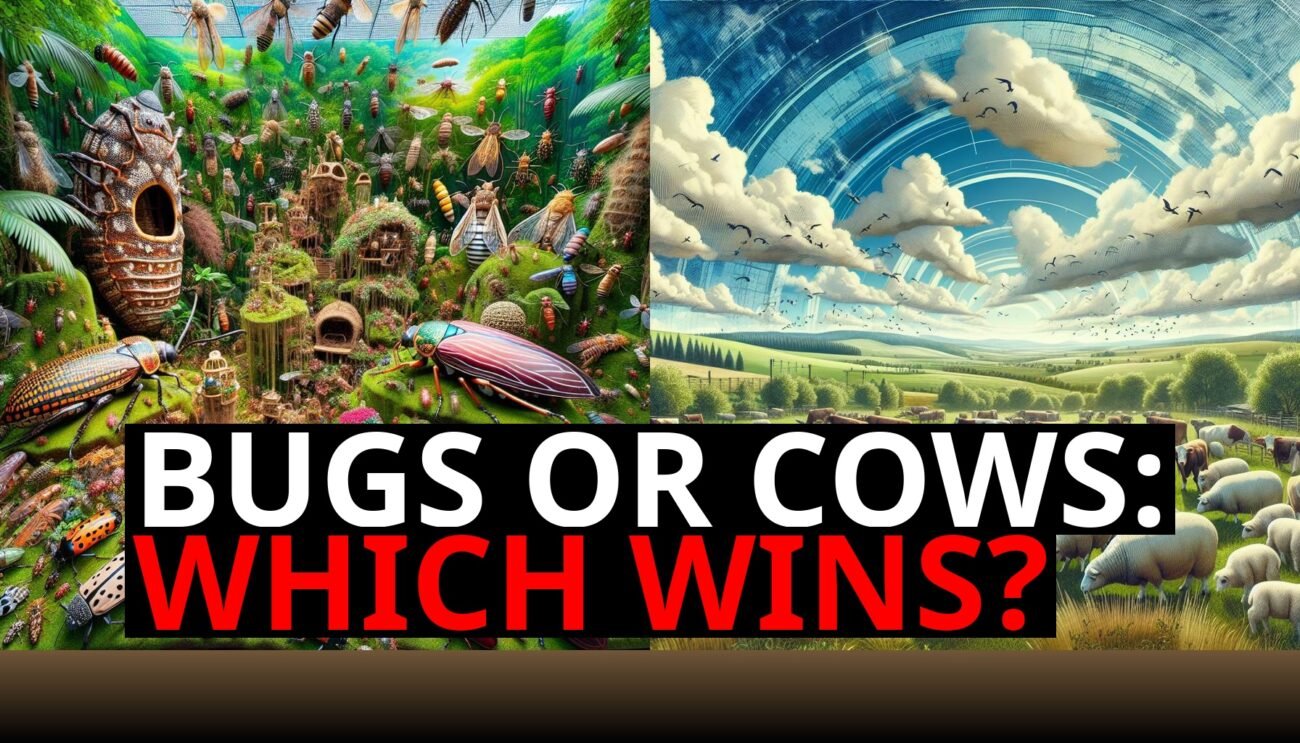Imagine this: developed countries, eager to “go green,” are phasing out gasoline cars and traditional meat in favor of electric vehicles (EVs) and fake meat. As they embrace the future, they’re left with a pile of unwanted tech and foods that don’t quite fit into their new eco-friendly narrative. So, what happens to all those used EVs and surplus fake meat? The answer: they often get dumped on developing nations.
While it may seem like an act of goodwill, shipping second-hand EVs and fake meat to developing countries is creating more problems than solutions. These nations aren’t welcoming these so-called green products with open arms, and here’s why: they come with hidden costs, infrastructure challenges, and a serious disconnect from local culture and needs.
Second-Hand Electric Vehicles: A Burden, Not A Benefit
Electric vehicles are being pushed as the future of transportation, and developed nations are jumping on the bandwagon. But as EVs age and their batteries degrade, many of these vehicles are finding their way to developing countries. Far from being a gift, these used EVs can become a costly burden for the countries receiving them.
Battery Degradation and Maintenance Issues: EVs rely on lithium-ion batteries, and while these batteries are impressive, they don’t last forever. After a few years of use, the battery’s ability to hold a charge diminishes, reducing the vehicle’s range. When second-hand EVs arrive in developing countries, they often come with degraded batteries that need replacement or repair—an expensive task that many regions don’t have the infrastructure to handle. Without proper maintenance, these vehicles are essentially stranded.
Lack of Charging Infrastructure: One of the biggest challenges for EV adoption, even in developed nations, is the need for a robust charging infrastructure. Developing countries often lack the necessary electric grid capacity and charging stations to support electric vehicles. Sending used EVs to these nations is like giving someone a gift they can’t use—it’s impractical and adds strain to an already underdeveloped infrastructure.
Environmental Concerns with Battery Disposal: When an EV’s battery reaches the end of its life, it poses a serious environmental risk. The disposal of lithium-ion batteries is a complex process, and without proper recycling facilities, these batteries can leak toxic chemicals into the soil and water. Many developing countries lack the resources to safely dispose of these batteries, leading to environmental hazards that can affect local ecosystems and public health. Instead of offering a green solution, second-hand EVs often create more waste and pollution.
Fake Meat: Unwanted And Unnecessary In Traditional Diets
While plant-based meat alternatives are marketed as the future of food in the West, they’re far from a welcome addition in many developing countries. For regions with long-standing traditions of local, sustainable agriculture, the push to introduce fake meat often feels unnecessary—and even disruptive.
Cultural Disconnect: In many developing countries, diets are already based on local, whole foods that have been part of their cultures for centuries. Traditional diets often emphasize seasonal vegetables, legumes, and grains, which are naturally sustainable and environmentally friendly. The introduction of highly processed fake meat products doesn’t align with the food traditions or preferences of these communities. Instead of embracing fake meat, many people in these regions see it as an unfamiliar and undesirable addition to their diet.
Sustainable Farming Practices: The narrative around fake meat in the West is that it’s a necessary replacement for unsustainable livestock farming. But in many developing countries, livestock farming is done on a small scale and is integrated into regenerative agricultural systems. These systems promote soil health, biodiversity, and carbon sequestration, making them far more sustainable than the industrialized monocropping methods used to grow the soy and peas found in fake meat. Introducing fake meat to these regions ignores the sustainability that already exists within their traditional farming practices.
Cost and Accessibility: Fake meat is often expensive and requires a high level of processing, making it inaccessible to many people in developing nations. For populations that rely on affordable, locally sourced foods, fake meat is an unnecessary and costly alternative. Why pay a premium for something processed when you already have access to fresh, locally grown foods that are both healthier and cheaper? The push for fake meat ignores the economic realities faced by many communities, where food security is a higher priority than trendy, high-tech alternatives.
Dumping Unwanted Technology On Developing Countries
So why are second-hand EVs and fake meat being pushed on developing nations? The answer often lies in the desire to offload surplus products from developed countries and appear eco-friendly while doing it. But this practice of dumping unwanted technology onto countries that didn’t ask for it creates a host of new problems.
Exporting Environmental Problems: When developed countries offload second-hand EVs and fake meat onto developing nations, they’re essentially exporting their environmental problems. Instead of dealing with the disposal of used EV batteries or addressing the sustainability challenges of fake meat production, these nations push these issues onto countries that lack the infrastructure to handle them. It’s a form of environmental outsourcing, where the burden of waste and pollution is shifted from one region to another.
Disrupting Local Economies: Introducing foreign products like fake meat or second-hand EVs into developing nations can disrupt local economies. For example, traditional farmers who rely on livestock or crop production may find themselves competing with imported fake meat products that are being heavily promoted by global corporations. Similarly, local car repair shops may struggle to keep up with the complex maintenance requirements of EVs, creating an economic mismatch. Instead of supporting local industries, these imports can undermine them.
Ignoring Local Needs: The push to introduce second-hand EVs and fake meat ignores the real needs of developing nations. Many countries face more pressing challenges, such as access to clean water, affordable healthcare, and education. The focus on pushing green technology often diverts resources away from addressing these fundamental issues. What developing countries need isn’t more hand-me-down technology from wealthier nations—they need solutions that are tailored to their specific challenges and cultural contexts.
Real Sustainability Lies In Supporting Local Solutions
While the idea of donating second-hand EVs or introducing fake meat to developing countries might sound noble, the reality is that these actions often cause more harm than good. If we want to truly support sustainable development in these regions, the focus needs to shift from exporting unwanted technology to investing in local solutions.
Promoting Local Agriculture: Supporting local farmers who practice sustainable agriculture is one of the best ways to promote environmental sustainability in developing countries. These farmers often use traditional methods that are well-suited to their environment, and they grow crops that are culturally important and nutritionally valuable. By investing in regenerative farming practices, we can help communities maintain food security while protecting the environment.
Investing in Appropriate Technologies: Instead of pushing second-hand EVs onto countries that lack the infrastructure to support them, we should focus on providing appropriate technologies that align with local needs. This could include improving public transportation, promoting solar-powered energy solutions, or investing in bicycles and electric rickshaws that are more suitable for local conditions. Sustainable development means finding solutions that work for the region, not imposing foreign technologies that create new challenges.
Building Local Recycling and Repair Industries: If we are going to introduce green technologies like EVs, we need to ensure that there are systems in place to support them. This means building local industries around battery recycling, maintenance, and repair to prevent these products from becoming environmental hazards. By developing the necessary infrastructure and skills, we can help countries integrate green technology in a way that’s sustainable and beneficial.
Conclusion: A Green Future Shouldn’T Come At The Expense Of Others
The push for fake meat and second-hand electric vehicles is often framed as part of the solution to climate change, but when these products are dumped on developing countries, they become more of a problem than a solution. Instead of imposing technologies that don’t fit local needs, we should focus on empowering communities to create their own sustainable futures.
True sustainability isn’t about handing off unwanted products to others—it’s about working with local cultures and economies to develop solutions that are both practical and environmentally sound. Developing countries deserve better than to be the dumping ground for the world’s castoffs. They deserve the chance to grow and thrive on their own terms, using local solutions that are rooted in their unique strengths and traditions.


